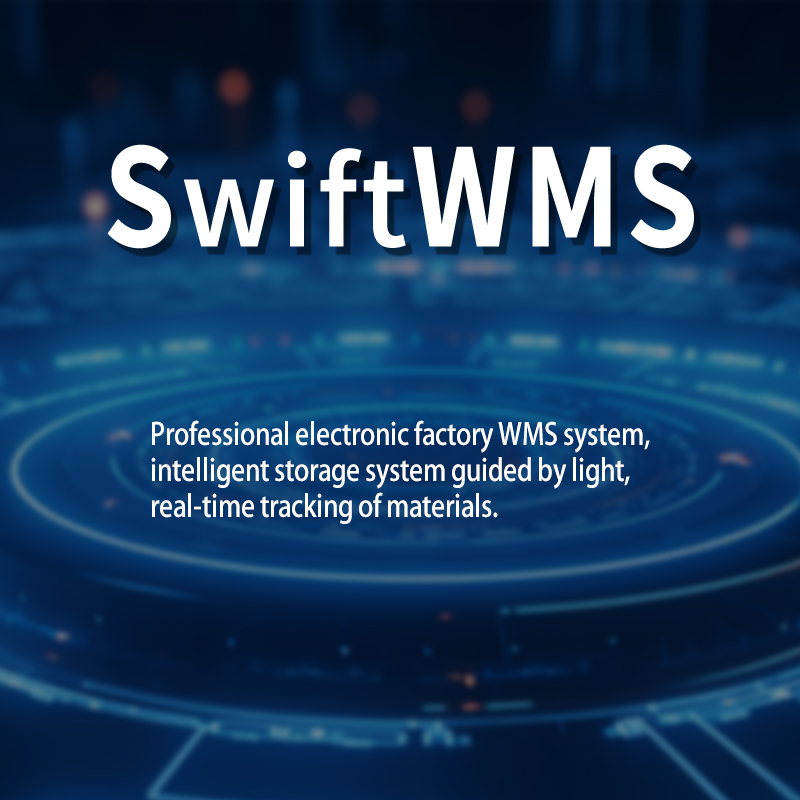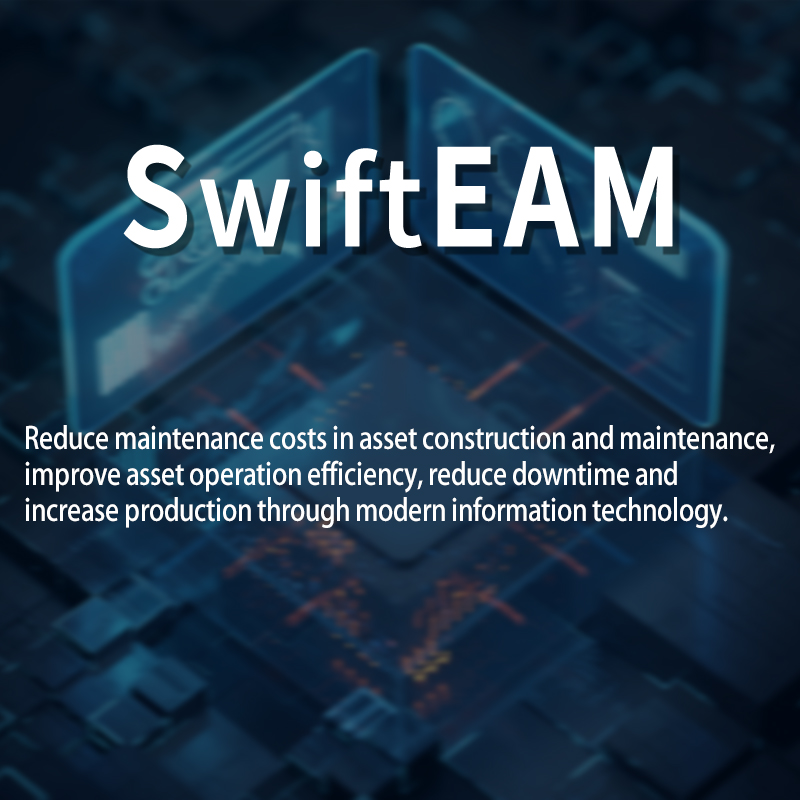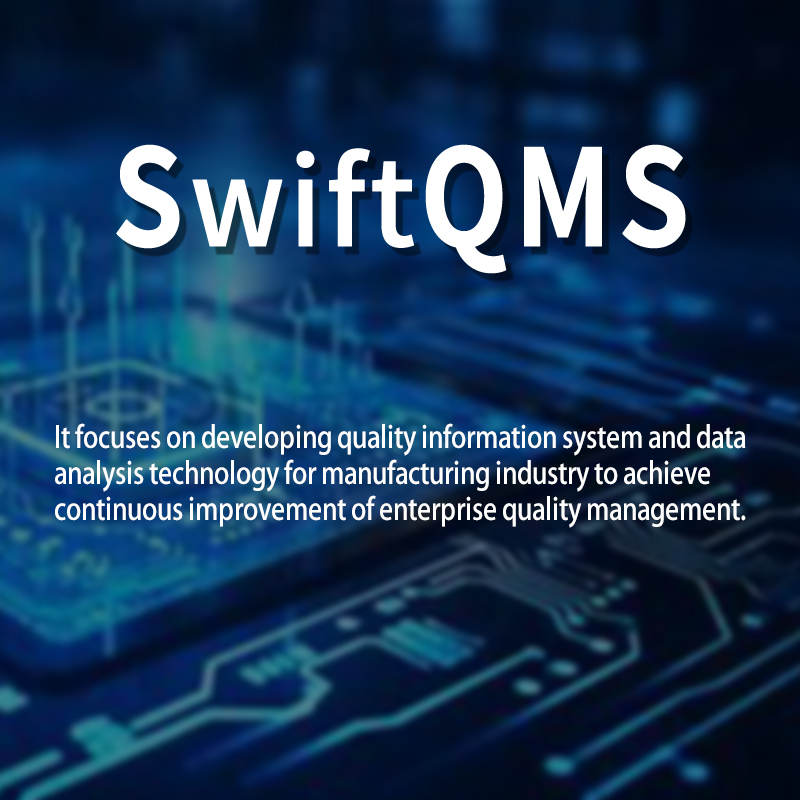What role does MES system play in promoting the development of intelligent manufacturing in enterprises
Guided reading
In recent years, after the proposal of "Made in China 2025", informatization and industrialization a
In recent years, after the proposal of "Made in China 2025", informatization and industrialization are gradually integrating, gradually realizing the transformation towards intelligent manufacturing. In this process, MES system plays an important role as a production information management system for the execution layer of the manufacturing industry.
As is well known, most of the discrete manufacturing enterprises in China still adopt a small batch production mode, and the inherent characteristics of this mode, such as a large number of categories, small quantities, and frequent changes in the process, also bring certain troubles to production management work, making it difficult to manage. Therefore, an advanced and applicable management system, namely MES system, is needed.
How does MES system assist the development of intelligent manufacturing in enterprises?
1. In terms of resource allocation:
The MES system can provide real-time status data of various on-site production resources through analysis of production plans, and is equipped with corresponding tools, equipment, materials, documents, and other resources to closely coordinate the preparation and execution of various operations according to scheduling requirements.
2. In terms of task assignment:
After the production plan is completed, the MES system will automatically generate task dispatch orders and develop specific production processes and equipment operation sequences based on actual equipment processing capabilities, combined with resource allocation for on-site dynamic allocation.
3. In terms of process control:
During the production process, the MES system can monitor the entire process in real time, correct errors in the production process in a timely manner, provide correct policy support, and provide timely feedback to relevant personnel to take corresponding measures when abnormalities or deviations from the production plan occur.
4. In terms of quality management:
The MES system can track the entire production process from raw material entry to finished product storage, and collect real-time data on product raw materials, production equipment, operators, process batches, etc., providing a basis for product use, design improvement, and quality control; Determine product issues based on test results and provide corresponding decision support.
5. In terms of data collection:
The MES system can adopt different data collection methods based on different data, application scenarios, personnel capabilities, equipment investment, etc., to obtain real-time data on various processes, equipment, materials, products, etc., and analyze it into information required by other systems and managers.
6. In terms of human resource management:
The MES system can track individual work execution based on the status and relevant information of personnel provided, providing decision support for enterprises to achieve fine attendance management, control labor costs, facilitate performance evaluation, reduce employee turnover, optimize personnel scheduling, and other aspects.
7. In terms of maintenance and management:
MES records the maintenance time, maintenance content, and fault causes of each device and tool, in order to calculate the most common equipment/tool maintenance work and accumulate experience, manage and guide the maintenance activities of production equipment and tools, and generate corresponding maintenance experience documents for browsing and querying.





